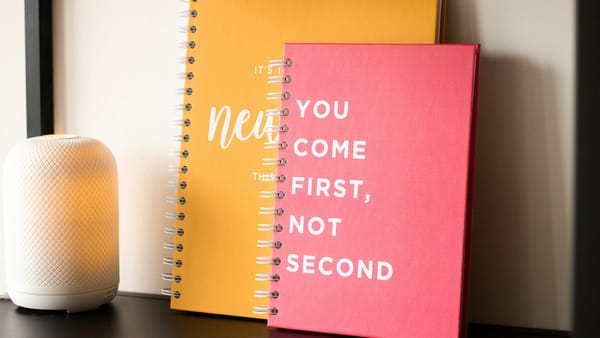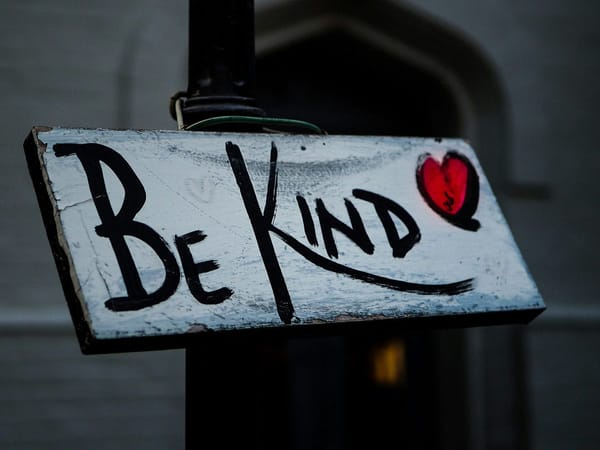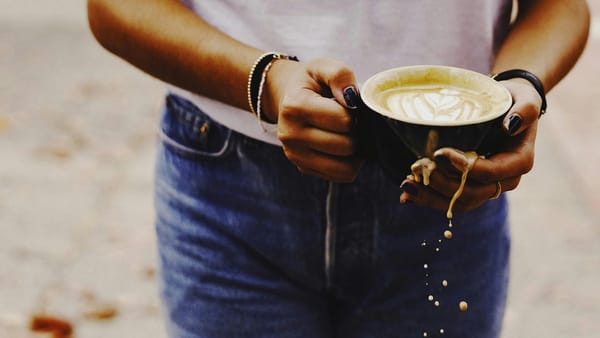Seeking Interview Participants
The Black Love Inquiry: Exploring the struggles of Black love
Tamera Mowry, Jeannie Mai, Loni Love, and Adrienne Houghton of The Real discuss struggle love, codependency, and self-worth.
"Struggle love" is understood to be a generally one-sided relationship dynamic where one partner embodies productive qualities such as being high-achieving, responsible, and emotionally available while the other partner seems to be the opposite. In a heterosexual relationship, it is often the female partner who is offering these resources and the male who is benefitting from them – even depending on them while being unable to offer them in return. In some cases, the dependent partner is so under-resourced that he cannot even offer a stable commitment, resulting in the concept of the "situationship", which Oxford Languages defines as: "a romantic or sexual relationship that is not considered to be formal or established".
situationship (noun): a romantic or sexual relationship that is not considered to be formal or established.
As a Black woman supporting other Black women, I have seen these dynamics at play in Black love quite often. Over the years, I have wondered:
Why does it seem so acceptable and, sometimes, even like an expectation that Black women endure "struggle love"?
This is actually a question I've had since childhood.
I grew up listening to Betty Wright's 1988 Mother Wit. At numerous family gatherings, she told us in "No Pain, (No Gain)" that "a little bit of pleasure's worth a whole lotta pain" and that "anything worth havin' at all is worth workin' for and waitin' for". See, the man's behavior in this scenario really isn't a deal-breaker ("We're all entitled to make a mistake."), and the woman's response to it doesn't have to be dramatic ("We got to prepare for some heartbreak."). Besides, none of it means anything is wrong with the relationship – "it's just that old Devil tryin' to keep us apart."
Betty Wright's "No Pain, (No Gain)"
In "After the Pain", Wright admits that "'no' just ain't in me" when it comes to reuniting with her man and shares a lesson she says time has taught her: "Havin' a piece of man is better than having no man at all, so I'ma just take what I got and work with it. You understand what I mean?" She sings about the community intervening and encouraging the couple to stay together since "Mr. Charlie is just a man, and he's doin' the best he can." With an undertone of pride, she sings, "That's why I still love you like I do...though you still do me like you do."
Betty Wright’s "After the Pain"
In early adulthood, I was introduced to the concept of the “ride-or-die chick”, which, according to Wikipedia, was a 1950s biker culture neologism adopted into hip-hop culture. In hip-hop, it “refers to a woman who embraces the ‘us-against-the-world’, or Bonnie and Clyde dynamic” and is “willing to do anything even if doing so results in danger towards her”. Wikipedia lists over 25 hip-hop songs popularizing the trope since the 1990s.
And as recently as 2016, R&B artist Jaheim entitled an album Struggle Love. In the title track, he sings about making it through hard times together. But now that things are better, he says, "If I could give it up, the richer I get I really miss that struggle, love. Now ain't that love?"
Jaheim's "Struggle Love"
I'm not sayin' it ain't love. But I am saying it's not always healthy, and it's not always necessary to struggle in love – whether financially, mentally, or emotionally.
With this premise in mind, the Chrysalis Center, LLC is conducting a research project, The Black Love Inquiry. This project holds several intentions aimed at better understanding the concept of struggle love:
- to explore the narratives, conditioning, and expectations that blind Black women to their innate value, especially in the context of romantic relationships
- to provide insight into how the devaluation of Black women and the normalization of dysfunctional relationship dynamics contributes to the development and maintenance of unhealthy relational patterns
- to provide direction toward denormalizing dysfunction within Black love in order to stop the transmission, perpetuation, and internalization of the damaging messages that prevent Black women from living in their worth
...it's not always healthy, and it's not always necessary to struggle in love...
If you are an adult Black woman with experience navigating "struggle love", "situationships", "ride-or-die" expectations, or a similar dynamic, I invite you to support The Black Love Inquiry and its intentions by sharing your story with me.
You might find this opportunity very meaningful, even discovering things about yourself of which you were previously unaware. Thank you for your interest, and I look forward to connecting with you!




